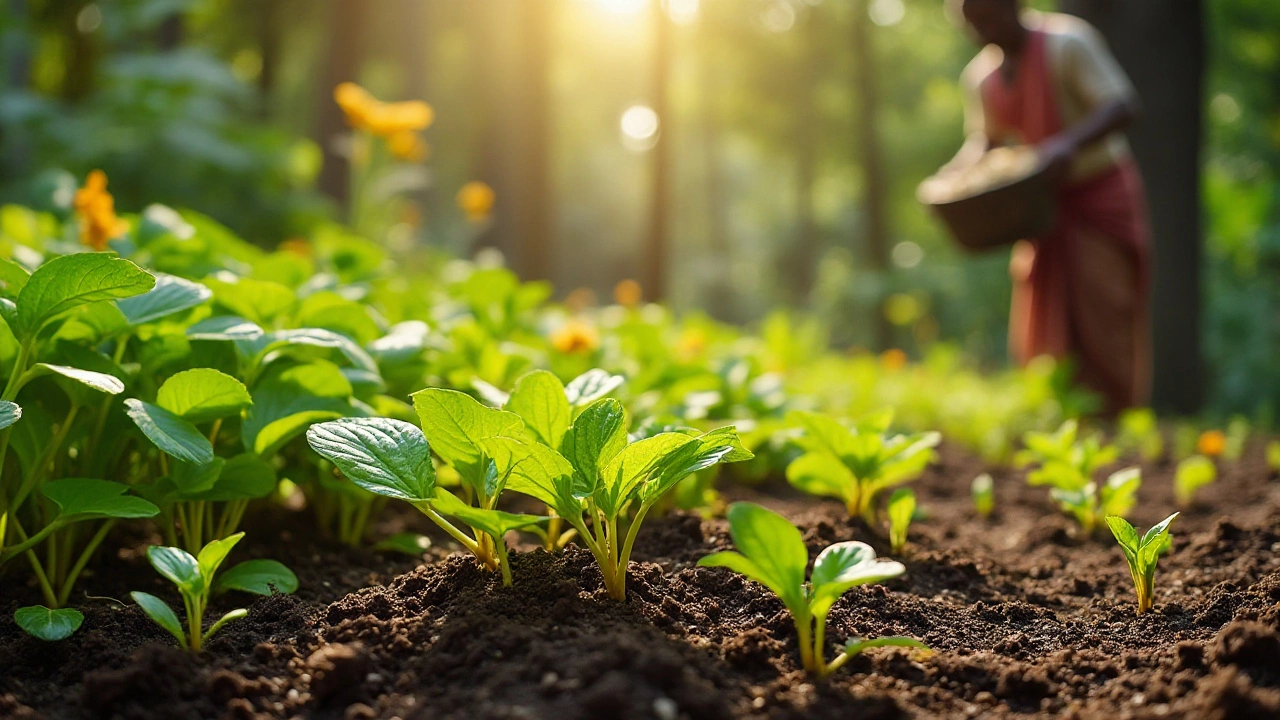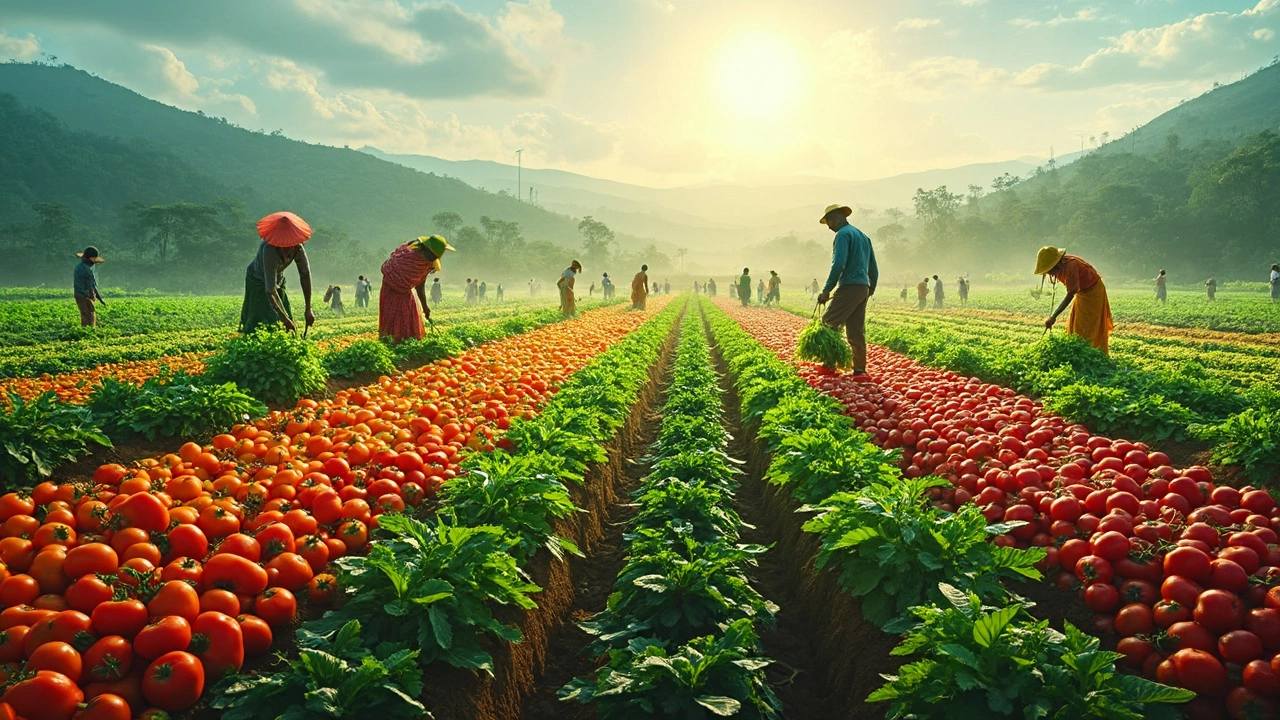Food Culture: Exploring Vegetarian Trends, Sustainable Eating & Global Cuisine
When we talk about Food Culture, the set of traditions, habits, and social practices surrounding what people eat. Also known as culinary culture, it influences identities, economies, and health across regions. In everyday life, food culture isn’t just about recipes; it’s the story behind every bite, from how a community decides what’s acceptable on the plate to how festivals shape seasonal menus. Food culture encompasses dietary traditions, and those traditions often dictate vegetarianism rates. It also requires an understanding of local ingredients, cooking methods, and the social meanings attached to meals. As we move toward greener lifestyles, the link between food culture and sustainable eating becomes stronger, pushing governments and households to track consumption patterns more closely.
Why Food Culture Matters Today
One of the most visible ways food culture shows its power is through Vegetarianism, a dietary choice that excludes meat, often rooted in cultural, religious, or health motives. Countries with deep-rooted vegetarian traditions, such as India, often report higher vegetarian percentages in national surveys. These figures are part of broader Dietary Statistics, quantitative data on food consumption, nutrient intake, and dietary habits collected by governments and research institutions. When you compare the numbers, you see clear patterns: regions with strong religious influences or long‑standing agricultural practices tend to have higher plant‑based diets. At the same time, the rise of Sustainable Eating, the practice of choosing foods that have lower environmental impact and support long‑term ecological balance is reshaping menus from street stalls to fine‑dining tables. Sustainable eating influences food culture by encouraging the use of local produce, reducing waste, and promoting seasonal cooking, which in turn feeds back into dietary statistics and vegetarian adoption rates.
Understanding these connections matters if you’re planning a trip or simply curious about what’s on your plate. Travel guides that highlight vegetarian‑friendly destinations rely on food culture insights to recommend markets, restaurants, and festivals where plant‑based options are the norm. Likewise, chefs who blend traditional techniques with modern sustainability principles are creating new culinary sub‑cultures that attract both locals and tourists. Below, you’ll find articles that break down the myths about 100% vegetarian countries, dive into the latest consumption stats, and offer practical tips for navigating vegetarian travel in 2025. Whether you’re a foodie, a sustainability geek, or just looking for tasty ideas, the collection ahead gives you the facts and tools you need to explore food culture around the world.
Is Any Country 100% Vegetarian? Facts, Stats, and the Real Answer
Looking for a country that’s 100% vegetarian? Here’s the straight answer, the closest contenders with real stats, and smart tips for vegetarian travel in 2025.
- manufacturing
- India
- food processing
- garden tips
- rice cultivation
- government schemes
- balcony garden
- urban gardening
- balcony gardening
- profitable business
- business ideas
- plastic manufacturing
- drip irrigation
- plant care
- steel manufacturing
- sustainable gardening
- startup ideas
- steel industry
- flower gardening
- textile manufacturers






